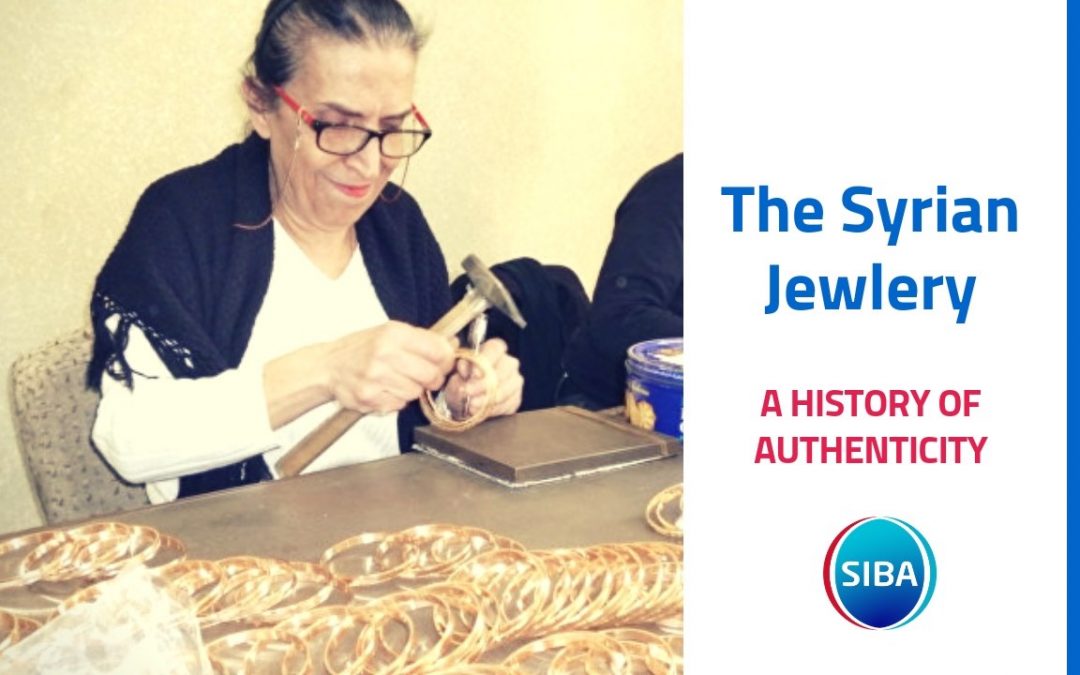
Jewelery companies in Syria
Jewelry companies in Syria have long been part of the country’s rich cultural and artisanal heritage. Syria’s history of jewelry craftsmanship dates back centuries, influenced by diverse civilizations such as the Romans, Byzantines, and Ottomans. These influences have shaped the distinctive designs and intricate patterns for which Syrian jewelry is renowned. Despite the challenges posed by ongoing conflicts and economic hardships, the jewelry industry continues to thrive in certain areas, driven by local expertise and cultural pride.
Key Characteristics of Syrian Jewelry
Syrian jewelry often incorporates traditional motifs, reflecting the country’s historical and cultural identity. Common materials include gold, silver, and precious stones, often adorned with intricate engravings or filigree designs. The craftsmanship highlights techniques passed down through generations, ensuring the preservation of these artistic traditions.
Notable Jewelry Hubs
The cities of Damascus and Aleppo have historically been the centers of jewelry production in Syria. Damascus, the capital, is particularly known for its goldsmiths and silversmiths who create ornate pieces inspired by Islamic art and architecture. Aleppo, with its historical markets, also played a significant role in the jewelry trade, offering designs that blend traditional and modern aesthetics.
Prominent Jewelry Companies and Artisans
Several jewelry companies and individual artisans have earned recognition for their exceptional craftsmanship:
1. Mounir Jewelry: A well-known name in Damascus, Mounir Jewelry specializes in bespoke gold and diamond pieces. The company emphasizes combining traditional designs with contemporary styles.
2. Al-Hussein Jewelers: This family-owned business operates in major Syrian cities, offering high-quality gold and gemstone jewelry. Their designs cater to both local and international markets.
3. Zain Silverworks: Focused on silver jewelry, Zain Silverworks blends traditional Syrian designs with modern trends. Their creations often feature intricate engravings and Arabic calligraphy.
4. Souq Al-Hamidiyeh Jewelers: Located in Damascus’ iconic Souq Al-Hamidiyeh, several jewelers offer a mix of antique-style and modern jewelry, attracting both locals and tourists.
5. Custom Artisans: Many skilled craftsmen in smaller workshops produce unique, handcrafted pieces. These artisans cater to personalized requests, ensuring high attention to detail and quality.
Challenges Facing the Industry
The jewelry sector in Syria has faced numerous challenges due to political instability and economic sanctions. The conflict has disrupted supply chains, reduced purchasing power, and led to the displacement of many skilled artisans. Despite these difficulties, the resilience of local craftsmen and the enduring demand for traditional Syrian jewelry have allowed the industry to persist.
Opportunities for Growth
In recent years, efforts to revive the jewelry industry have focused on exporting Syrian designs to international markets. Digital platforms and online stores are increasingly used by Syrian jewelers to reach global customers. Additionally, collaborations with international brands and participation in global exhibitions are helping Syrian jewelry regain its prominence.
Conclusion
Jewelry companies in Syria remain an integral part of the nation’s cultural heritage. Through resilience and adaptation, these businesses continue to showcase the beauty and intricacy of Syrian craftsmanship. With ongoing efforts to modernize and expand their reach, Syrian jewelers have the potential to solidify their position in the global market while preserving their rich traditions.



Leave a Reply